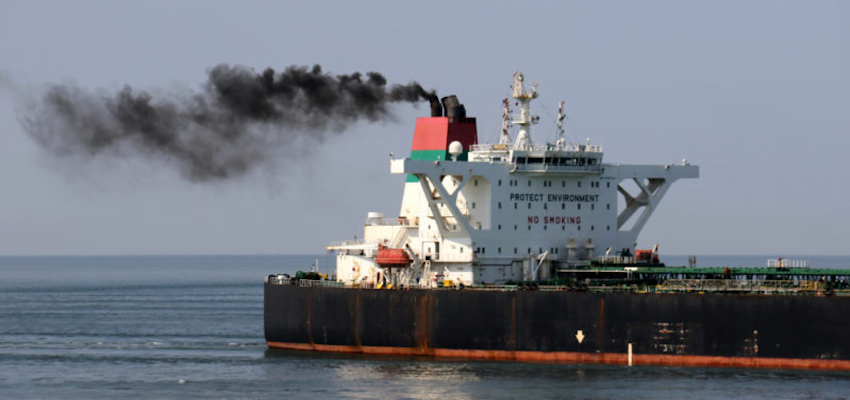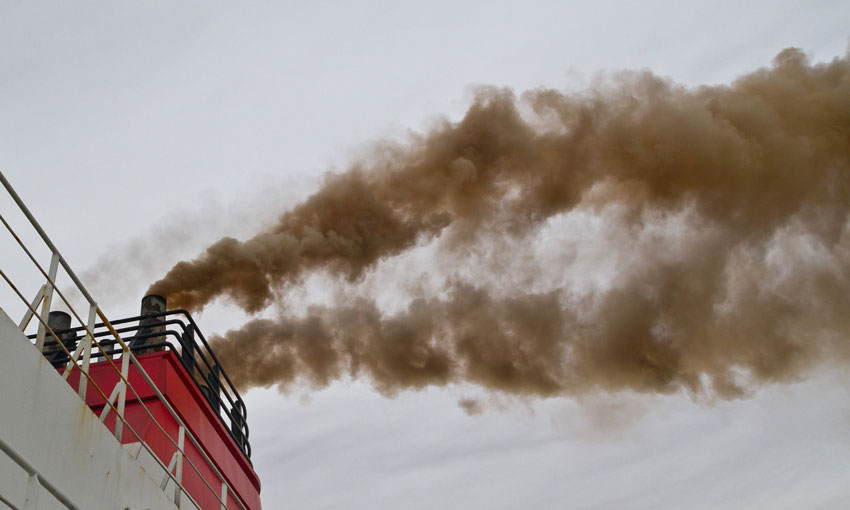EXHAUST gas cleaning specialist Wärtsilä Corporation has hailed new research highlighting the advantages of scrubbers over low-sulphur fuel.
A report from CE Delft, a research and consultancy organisation, examined the use of low-sulphur marine fuels.
The report was commissioned by Alfa Laval in cooperation with Yara Marine and Wärtsilä.
It noted that CO2 emissions associated with producing and installing an EGC system were small compared with those generated when operating the system.
In contrast, with de-sulphurised fuels the overall CO2 footprint increase was a result of the refining processes.
“This study provides a comprehensive overview of the climate impacts of different options to reduce sulphur emissions,” said Jasper Faber, project manager at CE Delft.
“It shows that in many cases, the carbon footprint of using a scrubber is lower than low-sulphur fuels.”
Wärtsilä vice president exhaust treatment Jan Othman said the results supported their position.

“We are delighted that this independent report confirms that when taking all things into consideration, our EGCs create less CO2 emissions than the use of sulphur-compliant fuel,” Mr Othman said.
Wärtsilä says greenhouse gas emissions from shipping have increased by more than 10% during the last five years.
“These emissions are projected to increase by up to 50% by 2050, which means that if the International Maritime Organization’s goal to significantly lower the industry’s GHG emissions is to be achieved, scrutiny of all aspects of shipping is necessary,” Mr Othman said.
“Reducing CO2 emissions whilst complying with the IMO’s MARPOL Annex VI is one such important aspect.”
We welcome our readers’ thoughts on this important topic. Email them to: editorial@paragonmedia.com.au

